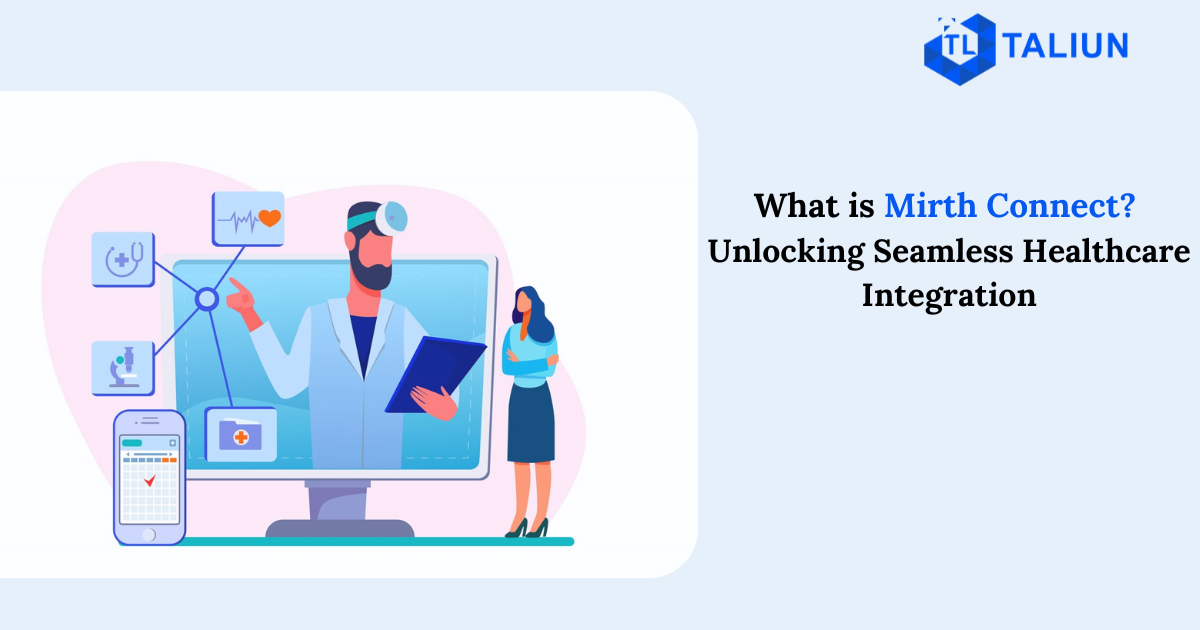Family-Owned Mortgages: A Solution for Caring for Elderly Parents

As our parents age, many of us face the challenge of ensuring they receive proper care while maintaining their independence and quality of life. One often-overlooked solution is the family-owned mortgage, which can provide financial flexibility and peace of mind for both adult children and their elderly parents. In this blog post, we'll explore how this unique financial arrangement can help families take better care of their aging loved ones.
Understanding Family-Owned Mortgages
A family-owned mortgage, also known as an intrafamily mortgage or private family mortgage, is a loan agreement between family members. In the context of elderly care, it typically involves adult children lending money to their parents to purchase a home, refinance an existing mortgage, or access their home equity.
Unlike traditional mortgages from banks or other financial institutions, family-owned mortgages offer more flexible terms and potentially lower interest rates. This arrangement can benefit both parties: parents can access needed funds or housing, while children can help their parents financially while potentially earning a better return on their money than they would through traditional investments.
Benefits for Elderly Parents
Aging in Place: Many seniors prefer to remain in their own homes as they age. A family-owned mortgage can help make this possible by allowing parents to access their home equity without moving. This money can be used for home modifications, in-home care services, or other expenses that support independent living.
Lower Costs: Family-owned mortgages often come with lower interest rates than traditional mortgages or reverse mortgages. This means lower monthly payments for parents, freeing up more of their fixed income for other essential expenses like healthcare, food, and utilities.
Flexible Terms: Unlike institutional lenders, family members can offer more flexible repayment terms. This might include interest-only payments, deferred payments, or other arrangements that accommodate the parents' financial situation and needs.
Avoiding Predatory Lending: Elderly individuals are often targets for predatory lending practices. A family-owned mortgage eliminates this risk, ensuring that parents receive fair and transparent loan terms from a trusted source.
Benefits for Adult Children
Financial Return: By lending money to their parents instead of putting it in low-yield savings accounts or conservative investments, adult children can potentially earn a higher return while helping their parents.
Tax Benefits: Depending on the structure of the loan, lenders (the adult children) may be able to deduct mortgage interest on their tax returns, similar to traditional mortgage interest deductions.
Estate Planning: Family-owned mortgages can be an effective tool for estate planning. They provide a way to transfer wealth to the next generation while helping parents maintain their lifestyle and independence.
Peace of Mind: Knowing that their parents have access to necessary funds and are living in a suitable home can provide significant peace of mind for adult children.
Implementing a Family-Owned Mortgage
While family-owned mortgages offer numerous benefits, it's crucial to approach them carefully and professionally. Here are some key steps to consider:
Open Communication: Discuss the arrangement openly with all involved family members. Ensure everyone understands the terms, expectations, and potential impacts on family relationships.
Professional Documentation: Despite the familial nature of the loan, it's essential to properly document the agreement. Consult with a lawyer to draft a formal promissory note and mortgage or deed of trust.
Fair Market Interest Rates: To avoid potential tax issues, the IRS requires that family loans charge a minimum interest rate (the Applicable Federal Rate). Ensure your loan terms meet these requirements.
Consider a Servicing Company: To maintain professionalism and avoid potential conflicts, consider using a third-party loan servicing company to handle payments and record-keeping.
Regular Reviews: Periodically review the arrangement to ensure it continues to meet everyone's needs and make adjustments as necessary.
Potential Challenges
While family-owned mortgages can be beneficial, they're not without potential drawbacks:
Family Dynamics: Money matters can strain relationships. It's crucial to maintain clear communication and set boundaries to prevent conflicts.
Financial Risk: As with any loan, there's a risk of default. Lenders should be prepared for this possibility and consider how it might impact their own financial situation.
Complexity: Family-owned mortgages can be more complex than traditional loans, particularly regarding legal and tax implications. Professional advice is often necessary.
Conclusion
Family-owned mortgages represent a unique and potentially valuable solution for families looking to support their elderly parents. By providing financial flexibility, lower costs, and peace of mind, these arrangements can help seniors maintain their independence and quality of life while offering benefits to their adult children.
However, it's crucial to approach family-owned mortgages with careful planning, open communication, and professional guidance. When implemented thoughtfully, this financial tool can strengthen family bonds and ensure that elderly parents receive the care and support they need in their golden years.
Before pursuing a family-owned mortgage, consult with financial advisors, legal professionals, and tax experts to ensure this solution aligns with your family's specific needs and circumstances. With the right approach, a family-owned mortgage can be a win-win solution for multigenerational financial planning and elder care.




